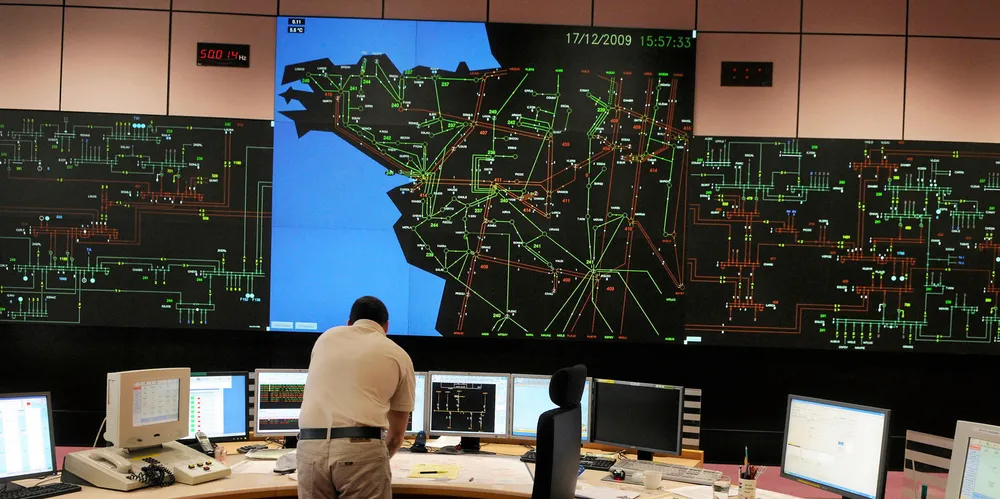'Europe's power markets are in crisis – but this is our chance to reform them for a green future'
OPINION | The continent's existing markets aren't responsive enough, and gas and coal are calling the tune on price – but that could change, writes Gerard Reid
